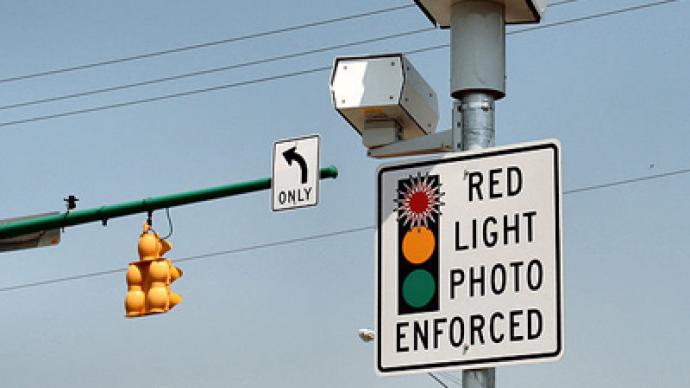A gift to drivers? Washington may void speeding fines

The District of Columbia’s police department may have to annul some 7,000 speeding tickets – worth $1.2 million – because of a technical error that actually gave drivers more leeway.
The 6,981 tickets generated by two speeding cameras in a tunnel between Interstate 395 and Massachusetts Avenue between November and April were not up to notch, as they failed to take into account construction projects to improve lighting and air exchange, the Department of Motor Vehicles disclosed to The Washington Times. Those construction works brought the posted speed limit down from 45 to 40 miles an hour, though the limit posted on the issuances of citation was still 45 miles an hour. “We have kept the photo enforcement speed limit at 45 miles an hour since it was not clear when the construction would be finished and the DC Department of Transportation did not ask us to enforce at the 40 mph speed limit," noted police spokesperson Gwendolyn Crump. “Any tickets issued have been issued for traveling in excess of 45 miles an hour, not 40 miles an hour.”Crump also took note of the fact that the 40 mile an hour speed limit was intended only for the work zone when workers were present.“There are never any workers in our enforcement zone,” she added.However, according to Title 18 of the DC Municipal Regulations, the police department is required to enforce the posted, or “absolute” speed limit. Failure to do so could invalidate tickets issued with the erroneous limit.So drivers were not only able to legally dodge the 40 mile an hour limit, but could also avoid paying the fine altogether. Precisely because law enforcement failed to apply the lower limit. The District of Columbia raked in over $55 million in automated enforcement fines last year.













